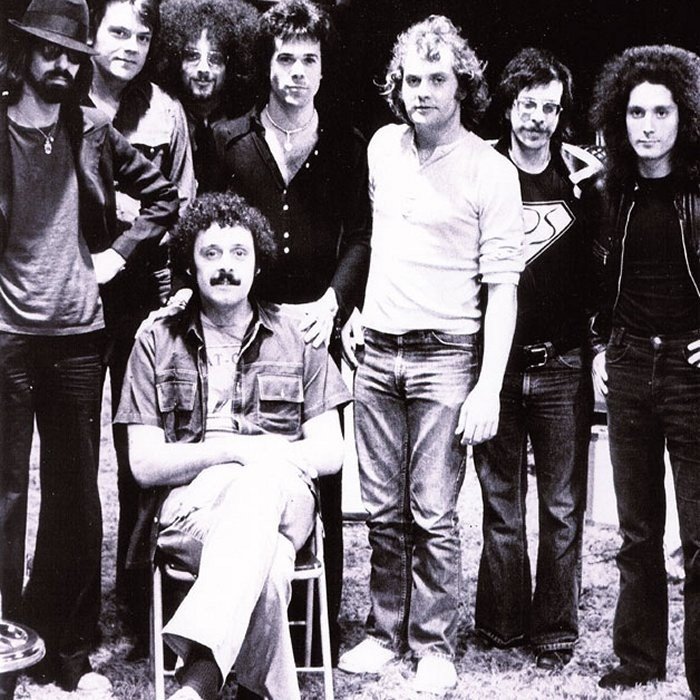

During the verse, Collins sings, “ Well if you told me you were drowning, I would not lend a hand.” And from there, a combination of the telephone game and vivid imaginations interpreted the song to be a true story about a supposed drowning incident that Collins witnessed, in which someone refused to come to the aid of the victim. Phil Collins’ 1981 hit “In the Air Tonight” is undeniably his greatest song (and even made our Top 200 Songs of the ’80s list), but it’s also the one that courted the weirdest legend, if one that takes its lyrics a little too literally. It makes it so unbelievably emotional people accused me of beating my kids.” It’s completely dry, it’s distorted, and it’s compressed to death. In the liner notes to Lou Reed’s anthology Between Thought and Expression, Ezrin merely recorded his kids around bedtime when they were cranky: “It’s something you’ve seen a thousand times but because of the compression on it and the way that it’s in your face it’s relentless. It’s not too out of the question to believe, considering that listening to it is an upsetting experience in and of itself. The story goes that producer Bob Ezrin told his kids that their mother was dead in order to get such an emotional and intense reaction out of them. Folks will debate over which moment is the most chilling, though it’s hard to overlook “The Kids,” which ends in a jarring chorus of screaming, crying children. Lou Reed has made a career of turning rock music into an endurance test, sometimes for better or for worse, his bleak concept album Berlin being one of those that definitely falls on the better side. One more thing, though: get to the working overtime part! His best quote? “They don’t get high they just eat a lot of pizza.” So, not actually a pizza guy.
#The band urban tale professional#
Seattle radio station KZOK actually had members of the band in the studio to sort out the truth of the matter, in fact, as well as a telephone interview with the pianist himself, Norman Durkee, a professional whose credits include being Bette Midler and Barry Manilow’s musical director. Bachman’s brother Robbie, however, said that was a bit of an exaggeration on Randy’s part, and what really happened is a session musician recording next door was asked to play piano on the song, and in a hurry he wrote the chord progression on a pizza box. He suggests their song could use a piano, they take him up on it, and the rest is history. Per Bachman’s story, a guy sent to deliver pizzas to Steve Miller Band, who were recording next door, stopped in the wrong room by mistake. Some myths are so hilarious that they’re plausible, and given how funny the story is, singer/guitarist Randy Bachman is actually responsible for spreading it as truth! When recording their hit “Takin’ Care of Business,” Bachman-Turner Overdrive apparently invited a pizza delivery guy to play piano in the studio.

A variation on the legend is that Manson played Kevin on Mr.

Josh Saviano, a very different person, played Paul Pfeiffer. And thus the rumor began that it was, in fact, Marilyn Manson who portrayed Paul Pfeiffer, Kevin Arnold’s geeky chum, on The Wonder Years. But the idea of a dark, threatening rock star actually having in his past a tenured role as a nerdy best friend in a prime-time drama apparently seemed pretty romantic, if not hilarious, to some. Marilyn Manson, born Brian Warner, has spent most of his adult life making a career out of shock value, his schtick making more than a few parents nervous in the ’90s. Here are our 10 favorite pop music urban legends, with the backstories to match. And what’s more, they remind us of a naïve, pre-Internet age in which falsehoods took a lot more effort to debunk (and also, for that matter, a lot more creativity to invent). We trust most of our readers have heard some variation of most of these stories at some point, and some of them, despite being decades old, are still endlessly entertaining. April Fool’s Day is around the corner, and what better way to celebrate this holy day of pranksterism with a list composed entirely of fictional (or partially fictional) stories of rock ‘n’ roll debauchery, terror, hilarity and misdeeds.


 0 kommentar(er)
0 kommentar(er)
